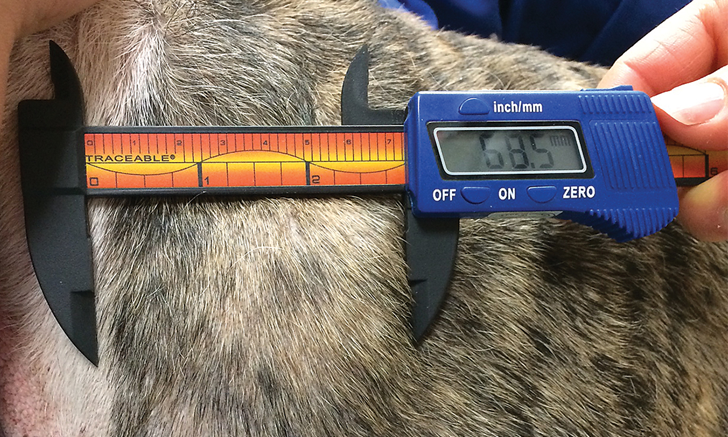
Lymphoma is a collection of cancers arising from the malignant transformation of lymphocytes. The common origin is lymphoreticular cells, even though lymphoma clinically is a diverse group of neoplasms. Lymphoma is one of the most common canine cancers, accounting for 7% to 24% of all canine tumors and 85% of hematopoietic tumors.1
The cause of lymphoma is largely unknown and multifactorial. Genetics can play a role, and chromosomal aberrations have been found.1 Dogs with previous immune-mediated thrombocytopenia have been associated with increased risk.2 Whether immunosuppressive medications can increase risk to dogs is unclear. Environmental causes have also been documented.1
Dogs of any age, gender, and breed can be affected with lymphoma, although affected dogs are typically middle-aged to older.1
Genetic predispositions have been noted in pedigrees of bull mastiffs, otter hounds, rottweilers, and Scottish terriers, pointing to a heritable risk.1 Several breeds, including golden retrievers, boxers, basset hounds, Saint Bernards, Scottish terriers, Airedales, Labrador retrievers, bulldogs, and poodles, are reported to be at increased risk.
